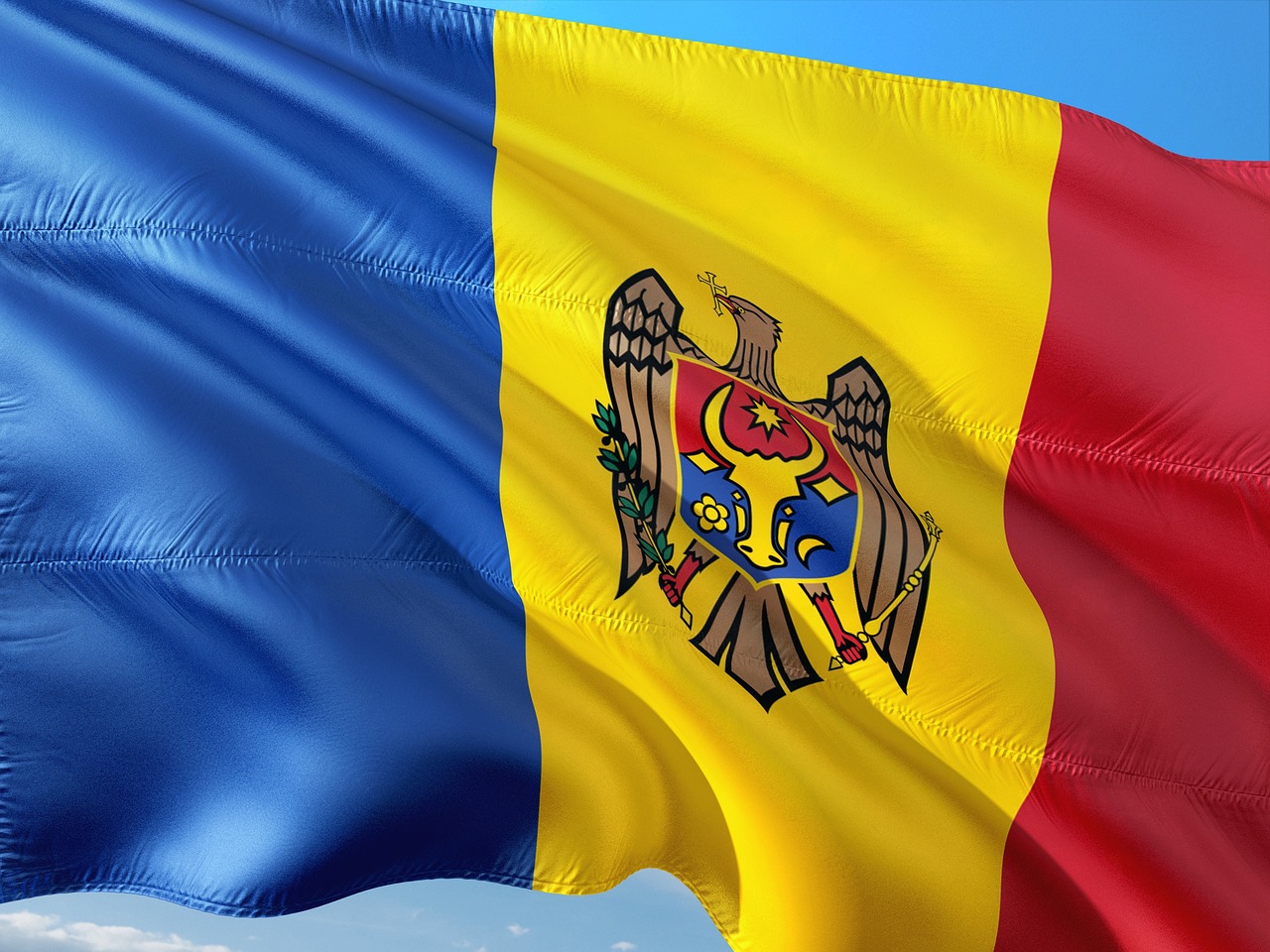
Moldovan Ambassador Lilian Darie was summoned to discuss the ongoing persecution of Russian media in Moldova, including blocking access to their internet sites.The Moldovan side was informed that Moscow was taking an „asymmetrical measure” to bar entry to several Moldovan officials. Moldovan foreign ministry spokesperson Igor Zaharov stated that the government stands by protecting its media from interference and upholding its firm position against disinformation, hybrid attacks, and attempts to destabilise the situation in Moldova.
The Russian list barred 11 parliamentarians, all members of Sandu’s pro-European Party of Action and Solidarity.
„The Moldovan side was presented with a decisive protest in connection with the continuing politically motivated persecution of Russian media in Moldova, including the blocking of access to their Internet sites,” explained a Russian ministerial statement.
Moldova suspended licenses and barred access to 30 media sites before the election on grounds of spreading disinformation. Sandu denounced Russia’s invasion of Ukraine and accused Moscow of trying to remove her in a coup. Russia denies the allegations and claims Sandu is infusing an anti-Russian atmosphere in the country.
Moldovan-Russian relations have faced challenges in recent years, reflecting a complex geopolitical landscape and Moldova’s efforts to balance ties with both Russia and the European Union.
Moldova’s pursuit of closer ties with the EU, as demonstrated by the signing of the Association Agreement in 2014, has strained relations with Russia. Moscow perceives Moldova’s pro-EU stance as a move away from its historical ties with Russia.
The status of Transnistria, a breakaway region with Russian influence, remains a point of contention. Moldova seeks a resolution aligned with its territorial integrity, while Russia maintains a peacekeeping presence in Transnistria, complicating diplomatic relations.
Up until Russia’s full-scale invasion of Ukraine in February 2022, Moldova was practically completely dependent on Russian energy, particularly natural gas, which introduced vulnerabilities. Disputes over gas prices and supply interruptions strained relations, impacting Moldova’s energy security.
The economic ties were affected by Russia’s ban on Moldovan agricultural products. The ban, seen as a response to Moldova’s alignment with the EU, was received in Moldova as proof of Russia being unable not to use economic relations as a weapon against Moldova.






